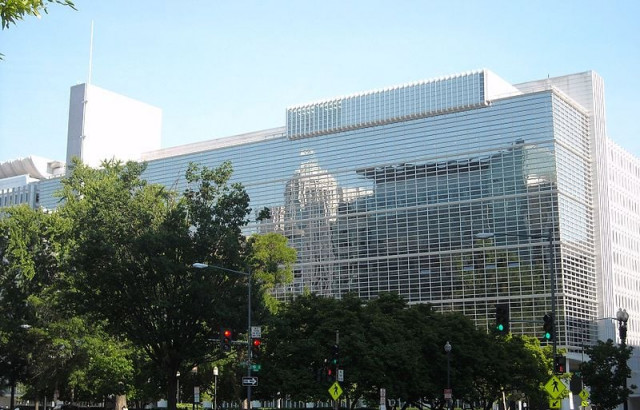Doing business: the ranking that matters
Pakistan has been ranked by the World Bank as the best place to do business in South Asia for three years in a row.

In a report that was released earlier this month, the World Bank ranked Pakistan 83 out of the 183 countries included in the comparison, the best ranking amongst all South Asian nations.
The World Bank’s Doing Business Report, launched in 2002, compares the efficiency and enforcement of regulations that most commonly affect businesses, such as starting a company, registering property, paying taxes, etc. It is widely considered to be one of the leading benchmarks of the economic competitiveness of a nation.
One of Pakistan’s central challenges in fostering economic growth has been the persistent prevalence of a large, undocumented informal sector. The World Bank, along with leading institutional economists, argues that making government regulations simpler encourages more businesses to register and become part of the formal economy. Most estimates suggest that over half of Pakistan’s economy is undocumented.
Being part of a formal economy has several advantages, the most important of which is access to capital in the form of bank loans, which are necessary for any business to grow. Bankers are often unwilling to lend to informal firms by virtue of the fact that they remain largely undocumented. Among the many reasons most firms choose to remain undocumented is the cumbersome regulations that accompany being part of the formal economy.
Allowing these firms to access more capital by virtue of becoming part of the formal economy would be a boost to the structural capacity of the economy. Doing so requires making entry into the formal economy easier and less cumbersome to maintain.
Pakistan had once been ranked as a leading reformer by the World Bank in 2006, implementing several reforms that improved government efficiency and made life easier for businesses. But in recent years, the government has slowed its pace of reforms.
In 2010, the government of Pakistan implemented two reforms relevant to the ranking, one of which positively impacted the ranking and one which negatively affected Pakistan’s standing.
The World Bank looked upon the doubling of the capital value tax for selling property – from two per cent to four per cent – in the 2011 budget as an increase in the transaction costs of real estate transactions. The Bank does not comment on the necessity of a policy, but merely on its impact upon businesses.
The automation of the customs network, which allows the Karachi Port Trust to communicate directly with the terminal operators to compute customs liabilities, was viewed by the World Bank as an improvement, since it allowed for more efficient processing of cargo, allowing businesses to trade across borders faster.
The Pakistan Customs Computerised System (PACCS) has come under fire from customs officials, ostensibly for making their jobs more difficult. Yet exporters have argued that the system simply removes opportunities for graft by some customs officials, thus cutting back on corruption and improving the system’s efficiency.
The government, in an attempt to balance the concerns of both the civil service and exporters, has temporarily extended the use of the system till the end of the month.
Most relevant for the country’s recent fiscal woes, Pakistan has ranked consistently near the bottom in the category of paying taxes, being ranked as one of the most difficult places in the world for businesses to pay taxes.
Published in The Express Tribune, November 17th, 2010.



















COMMENTS
Comments are moderated and generally will be posted if they are on-topic and not abusive.
For more information, please see our Comments FAQ